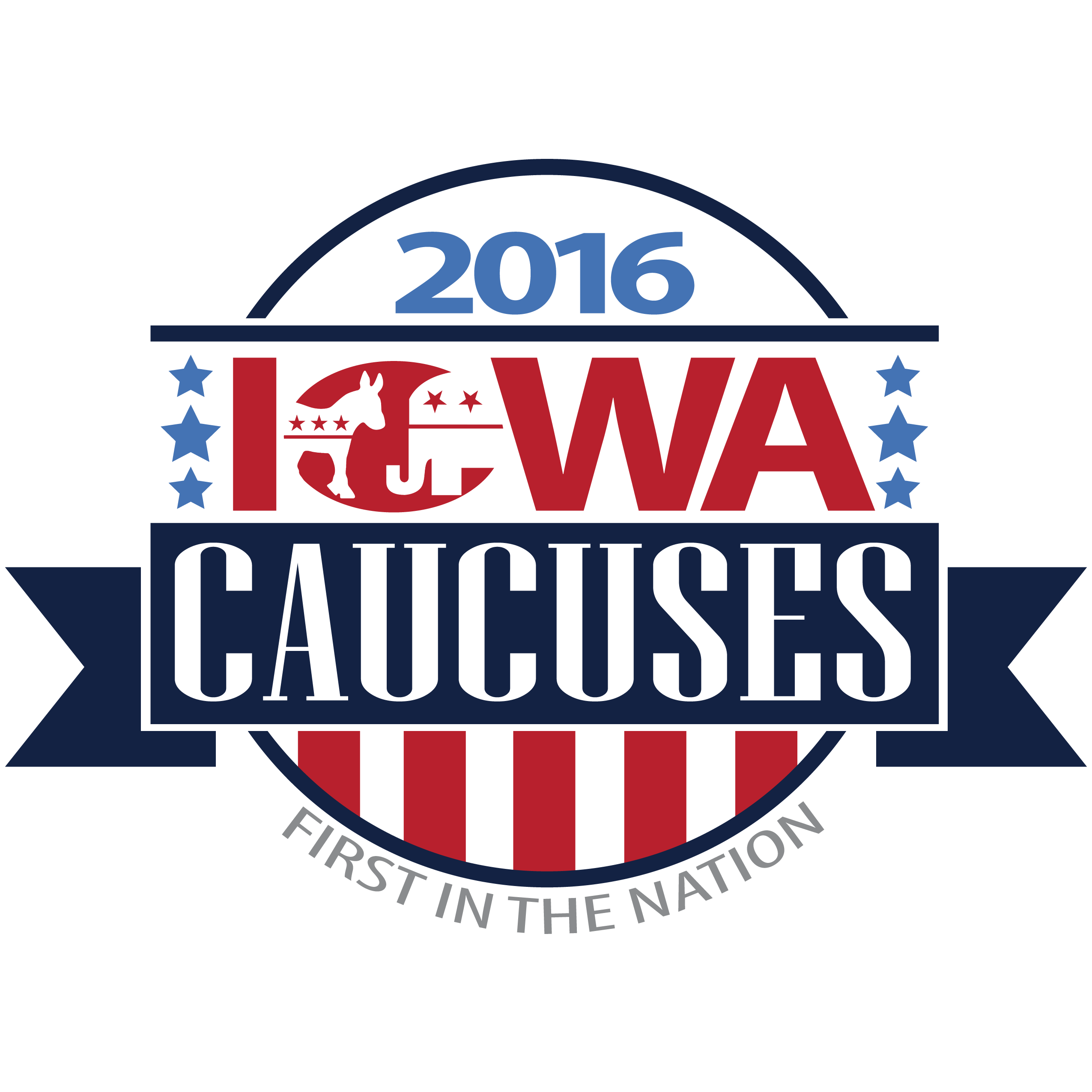Iowa Caucus Results and What It Means for the 2016 Presidential Election
WRITTEN BY: ZACHARY JAWORSKI
On Feb. 1, 2016, the state of Iowa held the first caucus of the 2016 presidential election.
Although Iowa accounts for only 1% of delegates at the national convention, the Iowa caucus produces the first results for how the general population ranks the presidential candidates.

This year, the winners of the Iowa Caucus are republican candidate Ted Cruz, besting his main opponent Donald Trump, and democratic candidate Hillary Clinton, barely declaring victory over the popular Bernie Sanders.
Although Iowa only holds 3 million of the 321 million United State’s residents, the Iowa caucus means everything for the candidates in terms of getting a head start in the upcoming election. Through an examination of recent election history, it is clear to see the impact that Iowa’s result can have in determining the most popular candidates.
Both of our most recent presidents – George W. Bush and Barack Obama – kicked off their election season by initially claiming victory in the Iowa caucus. Now, with the narrow victory from Hillary Clinton – winning over Bernie Sanders 49.9% to 49.6% – it is hard to say what will change in the next round of polls during the New Hampshire primary.

As Bernie Sanders stated in an MSNBC video, explaining the results of the Iowa caucus for the Democratic party, “This is not like a winner-take-all thing. I think where we now stand, you (Hillary Clinton) have 22 delegates, I now have 20 delegates: we need 2,500 delegates to win the nomination.”
For the republican side, three nominees remain fairly even in the polls with Ted Cruz winning 27.6% of the vote, Donald Trump winning 24.3% of the vote, and Marco Rubio winning 23.1% of the vote. As a result, the national polls conducted throughout the caucus mean nothing in terms of the results of the actual election being held Nov. 8 of this year.
With Sanders catching up to Clinton and Donald Trump predicted to receive a lot of attention in the near future, the New Hampshire primary, being held on Tuesday, Feb. 9, should give an even more accurate representation of where the candidates are ranked amongst their respective parties.



